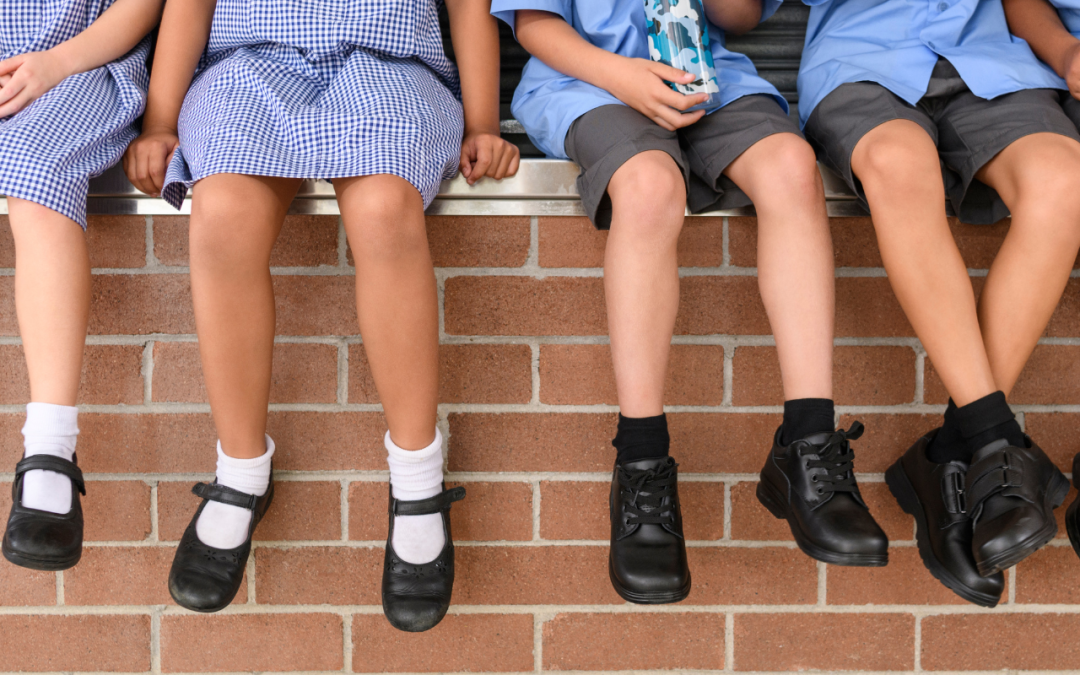Mindfulness is a practice that has gained popularity in recent years, and for good reason. It’s been shown to reduce stress, improve focus, and increase overall well-being.
While it may seem like something only adults can do, children can benefit from mindfulness as well. In fact, teaching children mindfulness strategies at a young age can set them up for a lifetime of emotional health and well-being.
A 2022 report from the Australian Human Rights Commission highlights the impacts of COVID-19 on children. One in five children reported feeling more worried, down and anxious than usual. Just under half of the child population in Australia reported that the pandemic had a negative impact on their psycho-social wellbeing. Effects included higher levels of stress, worsening mood swings, quality sleep and emotional stability, and increased inattention, behavioural issues and hyperactivity.
Here are some mindfulness strategies for primary school age children.
- Breathing exercises – Teaching children to focus on their breath is a great way to help them calm down and focus. Have your child take a deep breath in through their nose and then exhale slowly through their mouth. Encourage them to feel their belly rise and fall with each breath.
- Body scan – This mindfulness exercise involves having your child close their eyes and focus on each part of their body, starting at the top of their head and working their way down to their toes. As they focus on each body part, they should try to release any tension they may be holding in that area.
- Mindful listening – Have your child close their eyes and listen for sounds around them. Encourage them to focus on each sound they hear and identify what it is. This exercise can help children become more aware of their surroundings and develop their listening skills.
- Gratitude practice – Teaching children to focus on what they’re grateful for can help them develop a positive mindset. Encourage your child to list three things they’re thankful for each day. This can be done at bedtime or in the morning before school.
- Mindful eating – This exercise involves having your child focus on the sensation of eating. Encourage them to eat slowly and savour each bite. Have them pay attention to the taste, texture, and smell of the food.
- Progressive muscle relaxation – This exercise involves having your child tense and then release each muscle group in their body. Start with their feet and work your way up to their head. This exercise can help children release tension and relax.
- Mindful colouring – Colouring is a great way for children to relax and focus. Encourage your child to focus on the act of colouring and let go of any distractions or thoughts.
Teaching mindfulness strategies to primary school age children can have a positive impact on their emotional well-being. By practicing these exercises regularly, children can develop skills that will benefit them for a lifetime. Encourage your child to try these exercises and find what works best for them.
Harnessing Wellness is launching a new “Harnessing Mindfulness“ program aimed at assisting primary school aged children in developing their mindfulness skills in order to better prepare them for school transition and build resilience to cope with the post COVID-19 changes to daily life.
If you are interested in learning more about the program or would like to enrol your child please contact us.



